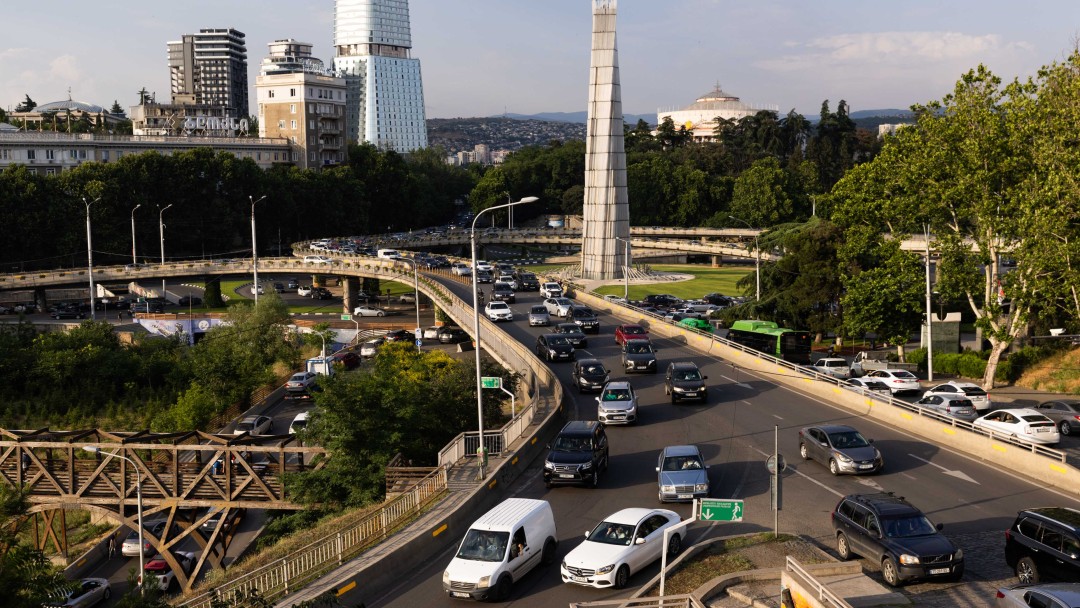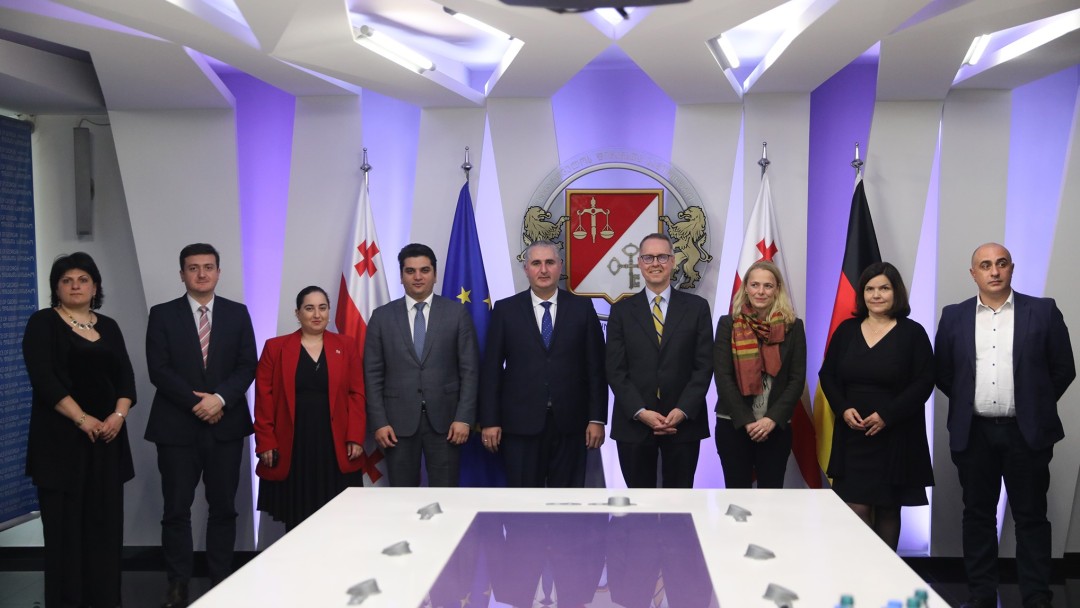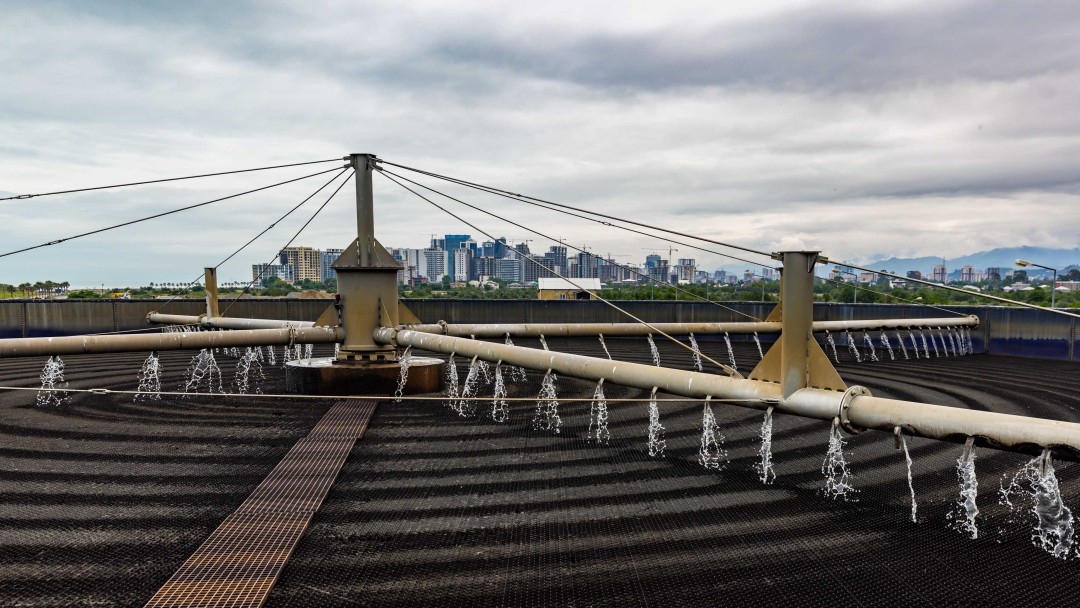News from 2022-12-12 / KfW Development Bank
Georgia: KfW promotes infrastructure in Tbilisi and Batumi
On 8 September KfW Development Bank signed a contract with the Government of Georgia for the development of sustainable mobility infrastructure in Tbilisi for EUR 47 million. A further EUR 55 million for the fifth phase of a wastewater project in Batumi was committed on 7 December. Both programmes are being implemented on behalf of the Federal Ministry for Economic Cooperation and Development (BMZ).

Of Georgia's 3.7 million inhabitants, 1.3 million live in the capital Tbilisi and in Batumi. Individual transport has increased sharply in recent years due to increasing urbanisation and growing prosperity, and a further increase is forecast. The increasing air pollution not only damages the global climate, but also reduces the quality of life in the cities. Up to now, adequate traffic planning and the provision of urban mobility infrastructure have been lacking. In the future, the traffic management and transport modes of Georgia's two largest cities should be aligned with climate protection goals and contribute to better living conditions. In addition, the tourists who visit these cities will also benefit from the development of the infrastructure, indirectly also the employees in the tourism industry.
In concrete terms, data on urban traffic flow will be collected via sensors and evaluated in a traffic control centre. The latest control technology will then optimise the flow of traffic and ideally reduce congestion. The expansion of express bus routes should make local public transport more attractive and attract more passengers. "Green corridors" integrate user-friendly developed cycle paths and footpaths. The open and visible design of transport areas such as bus stops and connecting routes is intended to increase the safety of women and girls in public transport. The measures are intended to provide incentives to switch from car to public transport and thus bring about a change in transport policy. And: for employees of the project executing agency - training on the sustainable operation of transport systems, including technical design, capacity planning and gender-specific usage schemes, will be developed.
Sewage disposal in Batumi and the surrounding area

Located on the Black Sea, the port city of Batumi is Georgia's most popular holiday destination after Tbilisi. A mixture of modern hotels and Belle Époque buildings runs along the city's beach promenade. The city has about 200,000 inhabitants, and many visitors come, especially in summer. For more than 15 years, four successive programme phases for the implementation of modern water infrastructure have been implemented. The financing volume for these four phases is around 138 million euros. More than 200,000 people are continuously supplied with hygienically safe drinking water according to their needs. The wastewater will be properly drained and treated through the rehabilitation and expansion of the sewage system and the construction of a wastewater treatment plant. A new storm water drainage system and a pumping station have significantly reduced the frequency of flooding in the centre of the city, and the water quality in the Black Sea has been significantly improved.

At the request of the Georgian government, measures are planned in a fifth programme phase to further increase the connection rate of the growing population and to complete the water infrastructure, taking into account current national and EU requirements. Specifically: Newly built city districts will be connected to the water networks. The drinking water treatment plants, which date back to the Soviet era, will be rehabilitated and adapted to the growing population and the effects of climate change. The sewage treatment plant is being expanded and equipped with sewage sludge treatment and nutrient elimination. KfW is supporting the project with a loan of EUR 53 million and a grant of EUR 2 million for an accompanying measure.

Share page
To share the content of this page with your network, click on one of the icons below.
Note on data protection: When you share content, your personal data is transferred to the selected network.
Data protection
Alternatively, you can also copy the short link: https://www.kfw-entwicklungsbank.de/s/enzBWrMC.C0hA
Copy link Link copied